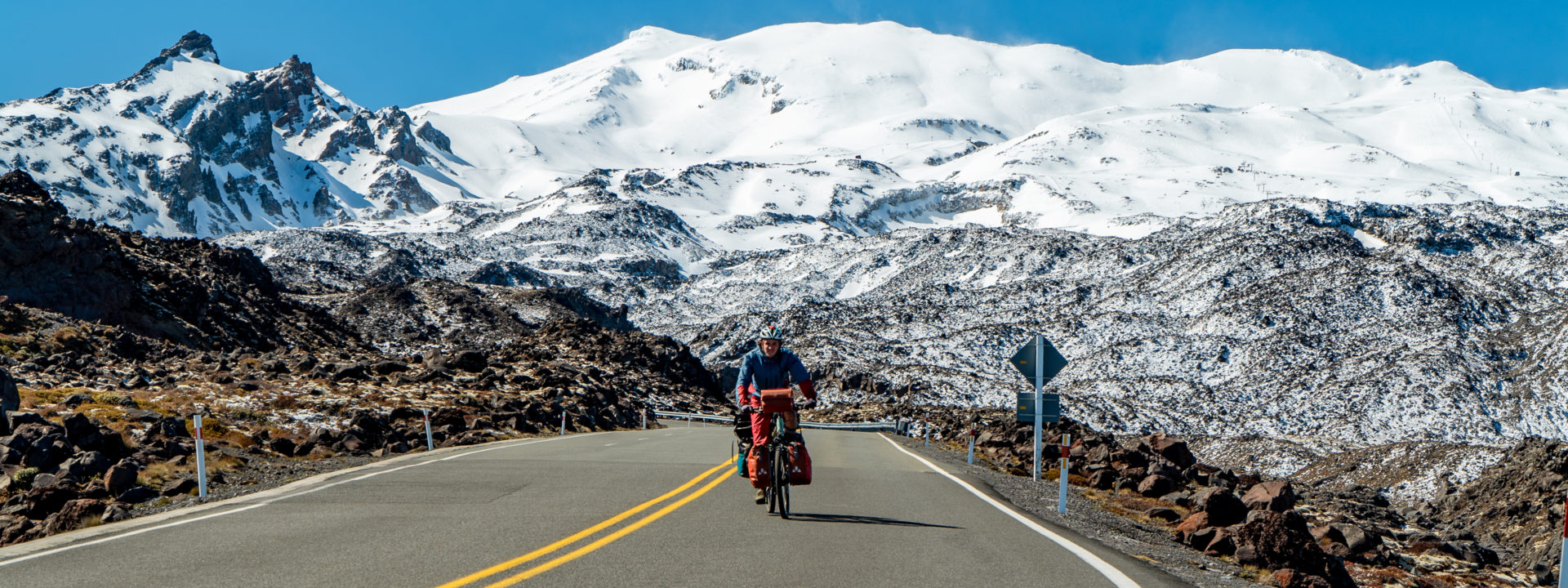
What happened so far:
After more than 1 year of travel, I traveled now from Munich via Austria, the Balkans, Turkey and over Iran to follow the story through Pakistan. From India I drove via Southeast Asia via Myanmar, Thailand, Malaysia and Singapore to Australia to finally cycle through New Zealand. So be curious what is happend.
Review: BAMBOOBASTI, Ride for the Planet (Part I)
Police escort through Pakistan
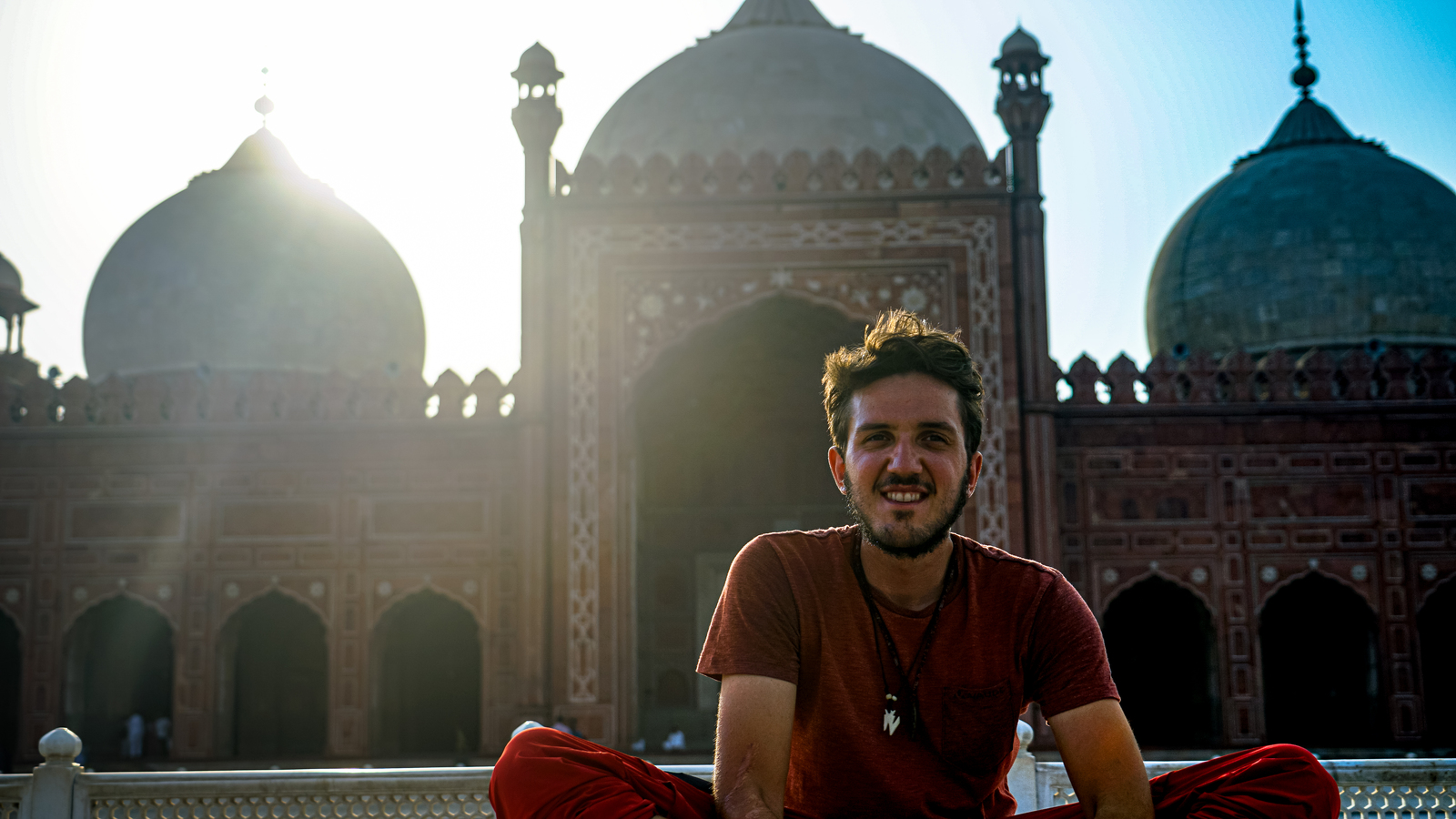
One of the hardest experiences of my life was the journey through Pakistan. I did not know what to expect when I was on my way to the Iranian-Pakistani border and had mixed feelings full of excitement and anxiety. I’ve been told so many stories, each more obscure and contradicting then the next, though once at the border of Taftan, I caught a first glance of the weeks to come. Once I crossed the border, a military official picked me up at the spot and escorted me to the next police station. At the station I was told that I would not be allowed to travel on my own and that I was placed under protective custody for the time being. I was not even allowed to go to the next supermarket across the street to get some food, everything was orchestrated by the police and military officials. The next day, a couple from Estonia and one couple from Italy arrived with their motorcycles and were placed next to me in the police shelter. Once they had settled, a Police Officer approached us, telling our group that we would be starting our escort through Pakistan the following day. According to the officials, it was too dangerous for foreigners to travel the country on their own, as the northern regions of the country were heavily disrupted by Taliban fractions.
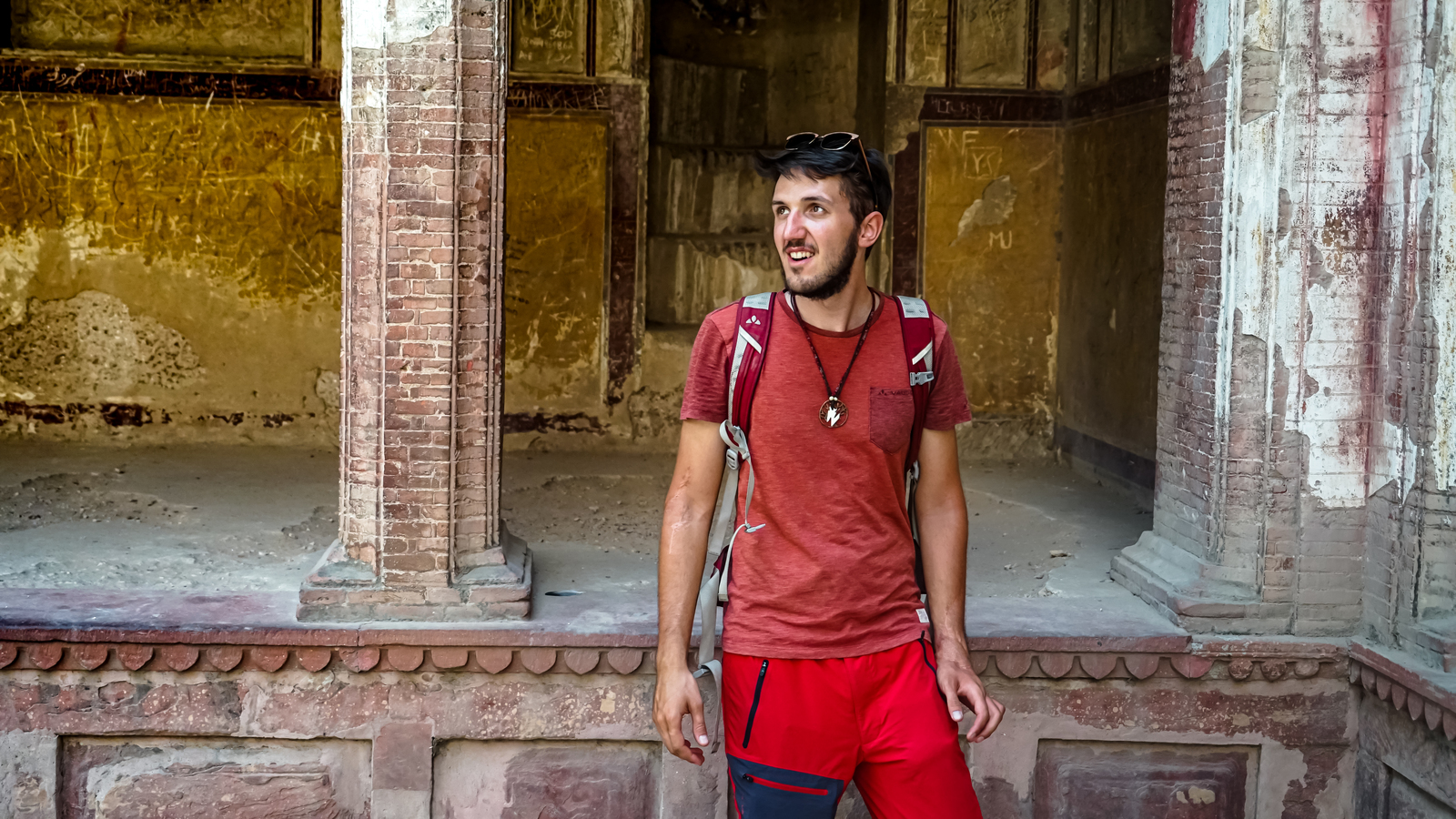
Early in the morning we woke up, packed our belongings and lined up for our escort. Four heavily armed policemen accompanied me to the trucks, while the two couples received a final briefing before our departure. At that time, I thought the escort won’t take too long, perhaps two days to Quetta, around 650km by car. Yet, the following days would prove, that it would take much longer to travel from the western border of Pakistan along the southern regions to the eastern side of the country. On the first day we changed vehicles four ties and passed through eight military check points. Every time we stopped, I was asked to hand over my passport for inspection and had to unpack my belongings and carry my bamboo bike with all my traveling bags from one escort vehicle to the next. In the beginning it was a whole lot of fun, getting to know multiple people and traveling the countryside with companions.
Movie:
However, fun quickly changed into a straining repetition. Almost every hour we changed vehicles. The engines of the old SUVs constantly ran hot and needed to cool down. We were never allowed to leave a campsite or a military compound on our own and were guarded at any times. This really was the opposite of my dream of freedom during my world trip. The only upside to this manufactured repetition of control and monotony were the guards who were always friendly and happy to talk to us. Even though most of the guards did not speak proper English, we were able to communicate with each other through simple words and gestures. Even filming was not much of an issue contrary to what the authorities at the Iranian-Pakistan border told us before. Every time I set up my camera the soldiers were eager to take multiple pictures with me and couldn’t wait to be filmed.
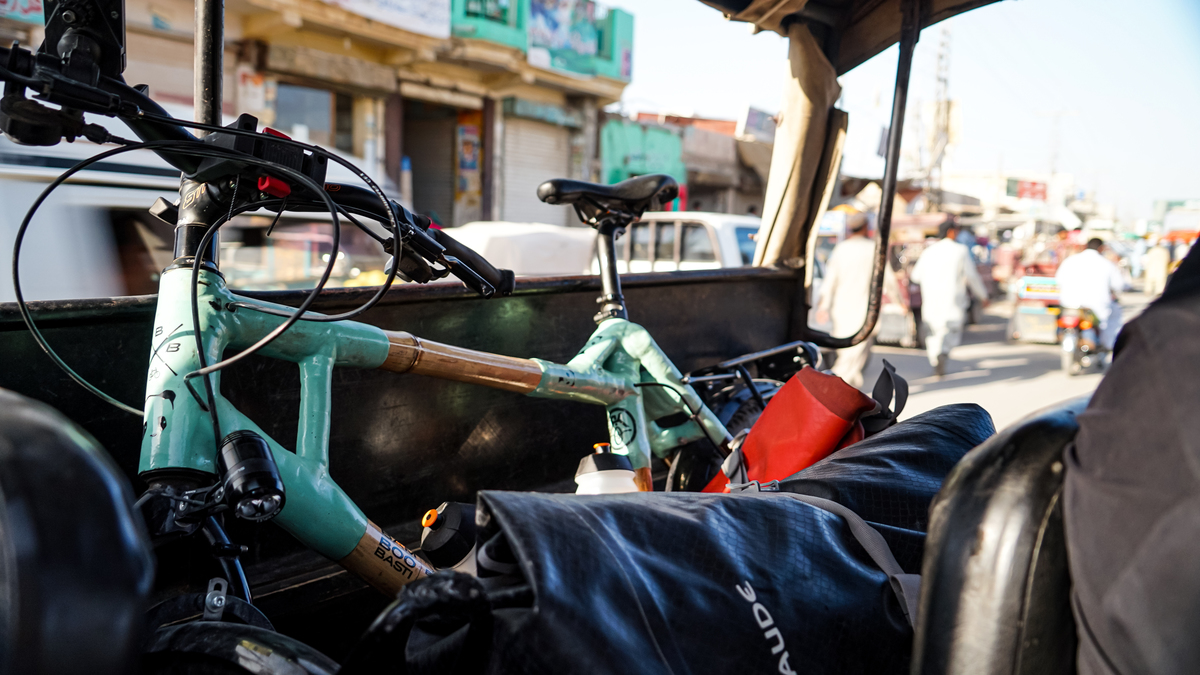
Throughout my whole trip I felt very secure in Pakistan. Admittedly, most of the time I was surrounded by a military escort. I was not much afraid of the country or the prescribed dangers of the country itself but rather at times of the man that were supposed to protect us. While most of them were very nice and helpful, due to the fact that we changed our convoys almost hourly, sometimes policemen joined our escort that seemed to have their own agenda. Corruption is an ever-present practice in Pakistan and a hand full of policemen in our escort tried to get some extra money from us for their services. They even tried to frighten us and to be honest, it is not that easy to stand up against a person that is heavily armed with all sorts of weapons and is supposed to guide you through the desert.
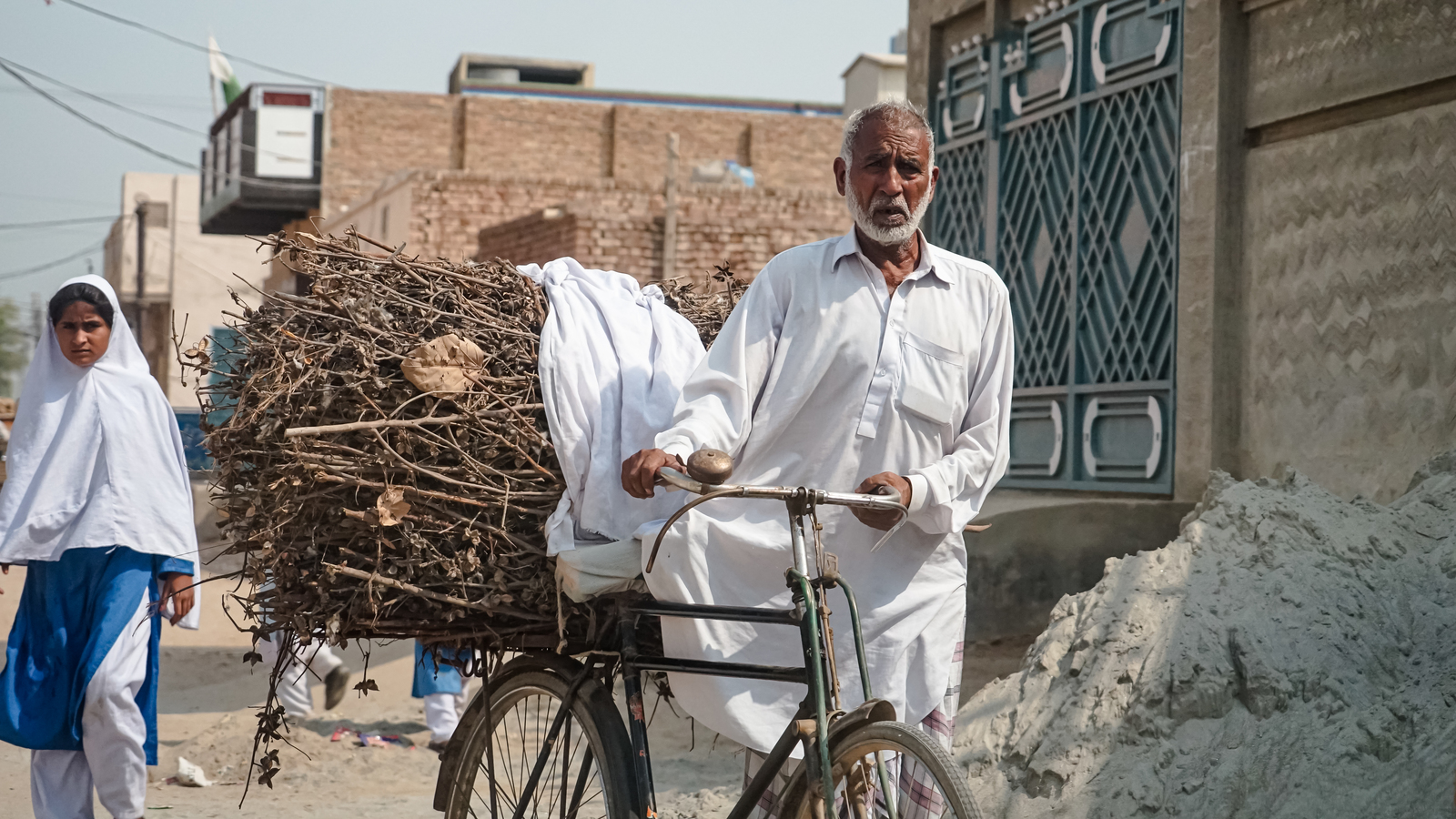
In these situations, we always referred to the government and the contract we had to sign upon entry of Pakistan. If the men had a problem, they were very welcome to take it up with their superiors but not with us. As time passed by and we got more and more accustomed to the presence of weapons and the continues changes of escorts, we grew keener in our own defence. Verbal fights with the guards became a daily routine and contributed to the tiring circumstances of our journey.
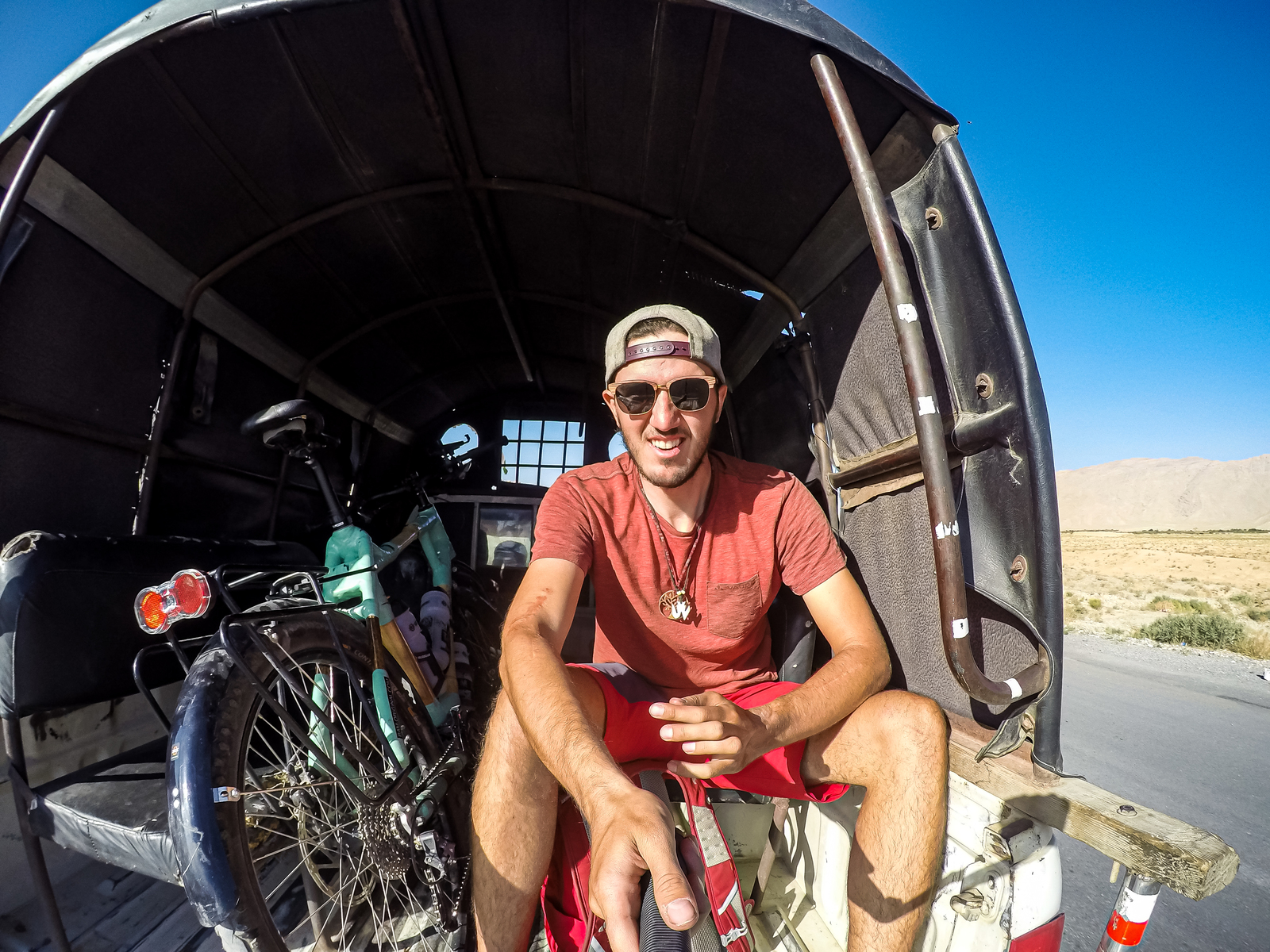
When we finally arrived in Quetta the whole situation became more serious. Quetta is only 100 kilometres away from the Afghan border. The whole city comprises of military personnel and everyone is armed with Kalashnikovs and rifles. Instead of being able to travel alone from Quetta, our escort increased in size and two more armed vehicles joined our convoy. We were told, that we would be escorted for another 2 days through Baluchistan and the Sindh Region, all the way to Multan at the Punjab border to India.
In total we have been escorted for 6 days while passing more than 60 check points and changed vehicles and convoys more than 40 times. It was one of the most exhausting, rather psychological than physical, experiences of my life and I was happy finding myself on my bamboo bike after these harsh days.
Australia – Nullarbor
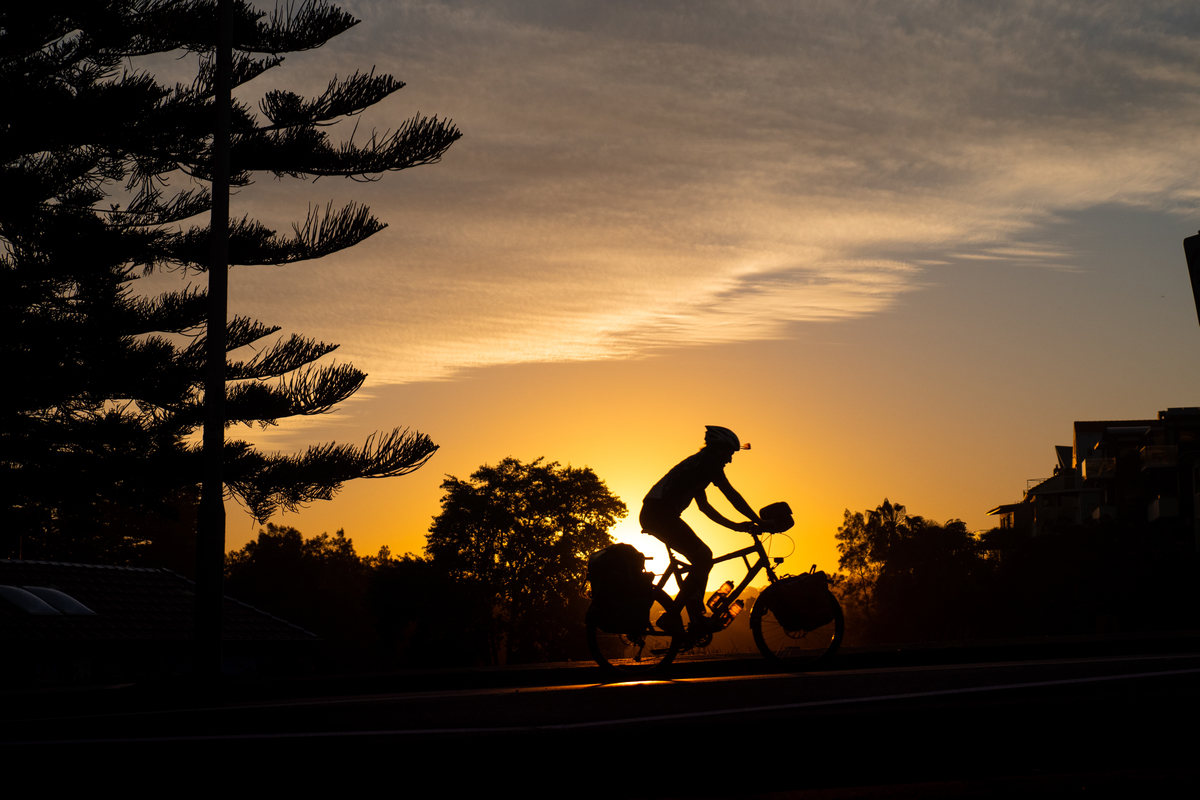
I had no idea what would await me in Australia. To be honest, Australia wasn’t even one of my personal top 10 places to travel to, especially in the wake of the global phenomenon, that everyone travels to Australia and must tell the same stories after all.
Personally, I found myself the happiest on the 1.200km road through the Nullarbor. My path lead through the vast isolation of the South Australian plains between the great Bight Coast and Victoria Desert. There were almost no trees or villages along the highway A1 from Norsmen to Ceduna. The only shelters were roadhouses that were scattered along the road every 400km. In between these roadhouses was nothing but the concert of the highway, harsh dusty winds and tons of flies.
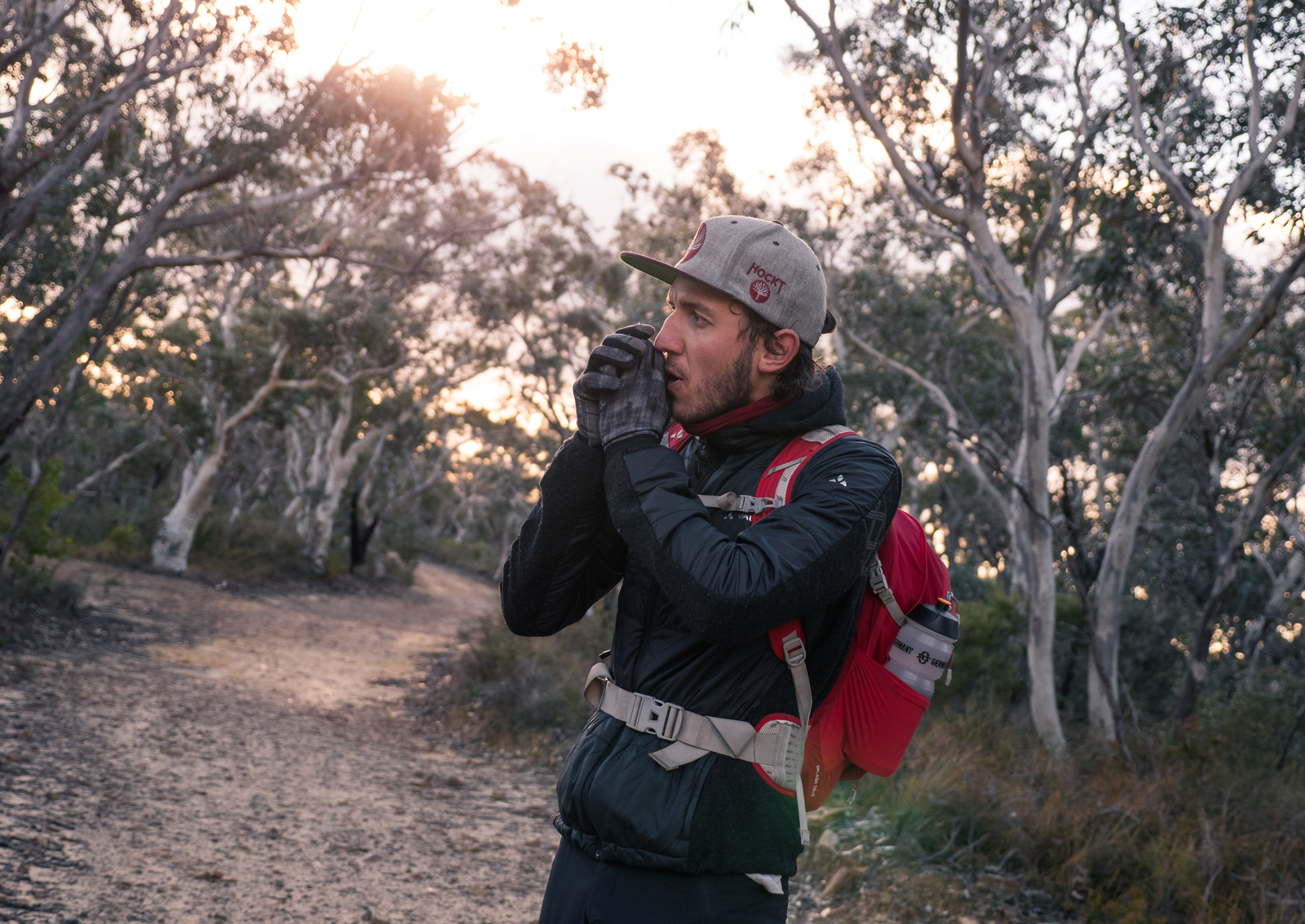
It was this unescapable solitude that challenged me every day. While here and there a couple of cars are passing by, for the entirety of the ride through the Nullarbor it was only me and my bamboo bike. This gave me a lot of time to think and exactly this time and time again created the biggest challenge. There is nothing to distract you in the Nullarbor, which roughly translated means “no tree and no mountains”, it doesn’t matter where you look, everything looks the same. It is a real mental quest, as nothing really changes accept the wind and the conditions you must cycle in. While it is at night a gorgeous spectacle of stars, sunsets and sun rises, transforms during the day into a relentless path crossed by winds that won’t allow you to move forward and heat that melts away the rubber of your tires as you cycle. Needless to say, that the heavy winds that were hauling at 35km per hour felt like a heaty breeze straight out of a hair dryer.
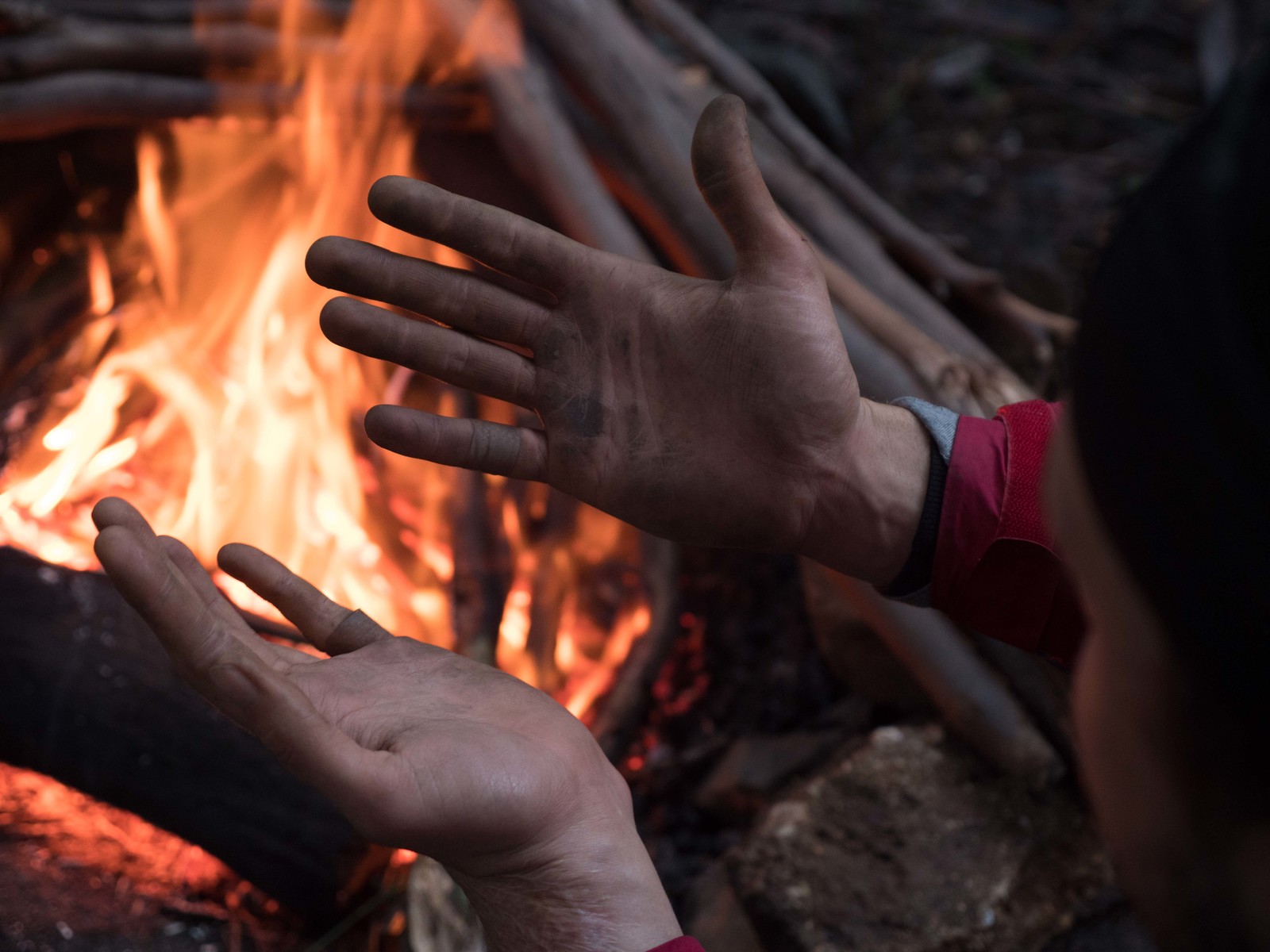
The only time I got back in contact with a form of civilization were the times I refilled my supplies at the roadhouses. There I met really interesting people and engaged in long lasting conversations. Admittedly, these conversations were dragged sometimes a bit too long as I felt the need, after multiple weeks on my own, to share some of my experiences and hear from other travellers. In spite of the solitude I experienced on the dusty roads, I met a handful of unique people on the way. There was another German called Didi who travelled on a daily budget of 5 Euros and build his own water tank attached to his traveling bicycle. Another unexpected encounter with fellow travellers was when I set up my tent in the Australian outback. I thought I was all on my own when I suddenly heard the rattling noise of splashing water. I didn’t believe it at first. There was no river or creek around for the next 100km and no cloud above me and still, there was the sound of rain. When I started to explore my surrounding area, I found an Australian couple with their camping van and a makeshift outdoor shower attached to it. They invited me for dinner and offered me a shower, which I gladly accepted having not showered for a whole week. Even though the Australian outback and the Nullarbor do not offer to much of diversity, when it comes to events and sightseeing, it is the fellow travellers you meet on the way that make the ride even more interesting. Such as the Japanese bicycle traveller who build his whole traveling set himself. He simply attached an old piece of luggage with wheels to the back of his bike and travelled Australia without speaking a single word of English from east to west.
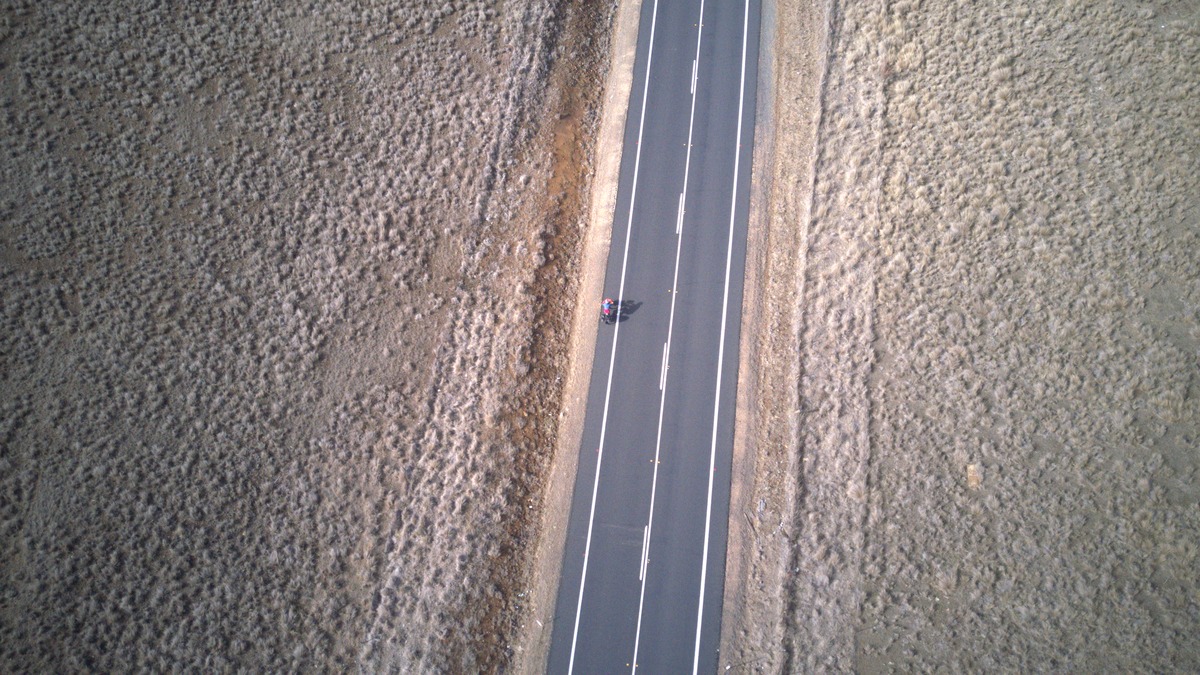
Aside all the adventures and great people I met, without the help of the Grey Nomads, retired Australians that travel the country in caravans and camping vans, and all the other regular campers who supplied me with water on my way through the deserts and plains of Australia, I would probably not have seen it through. It doesn’t matter how great your ambition is, in certain moments and circumstances you need all the help you can get just to survive.

New Zealand – I did not expect this
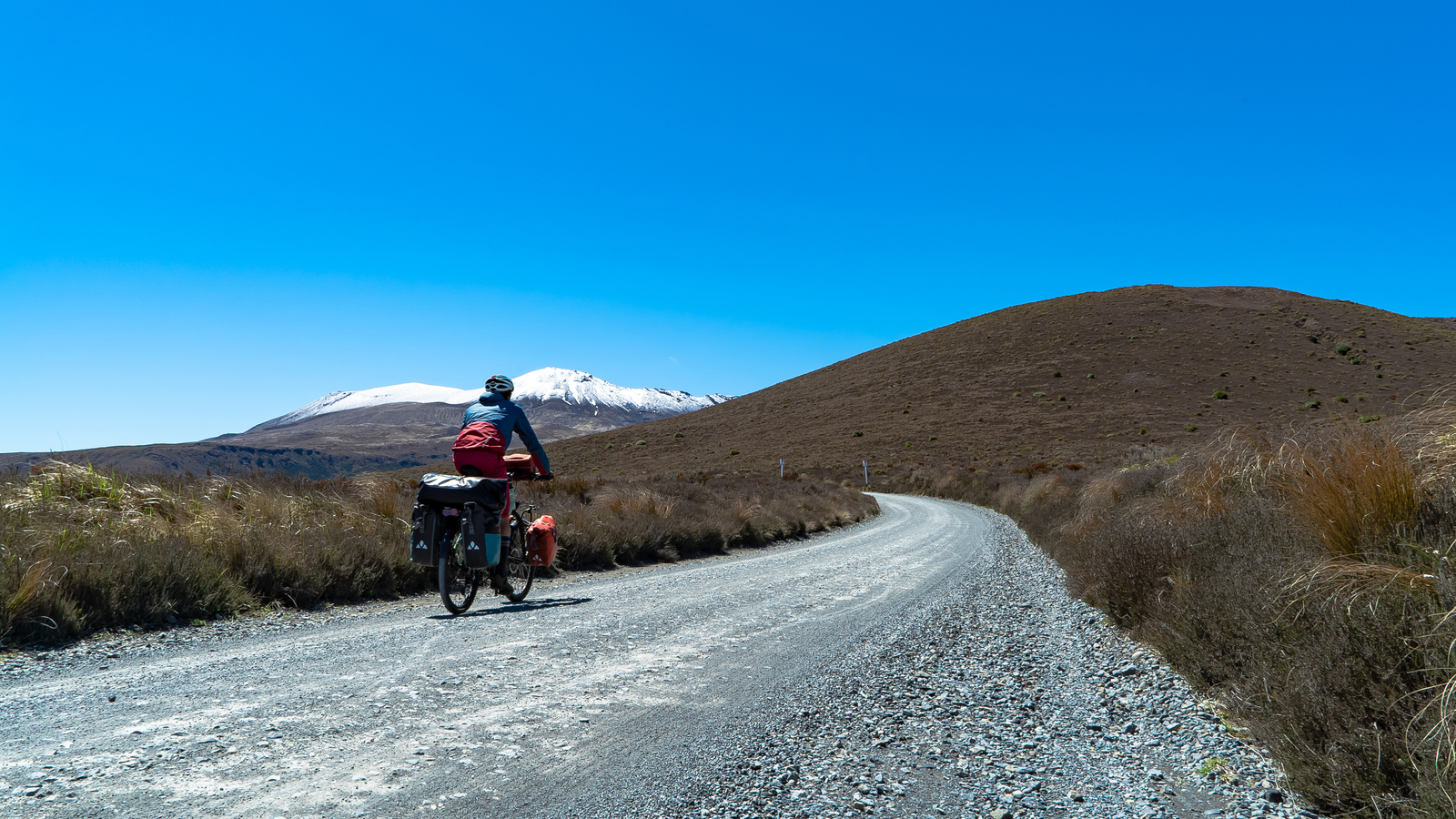
I must say, I expected different from the country we all know from TV and advertisements of rich green fields and wonders of nature. Everywhere I went, every piece of land in New Zealand is surrounded by fences and labelled private property.
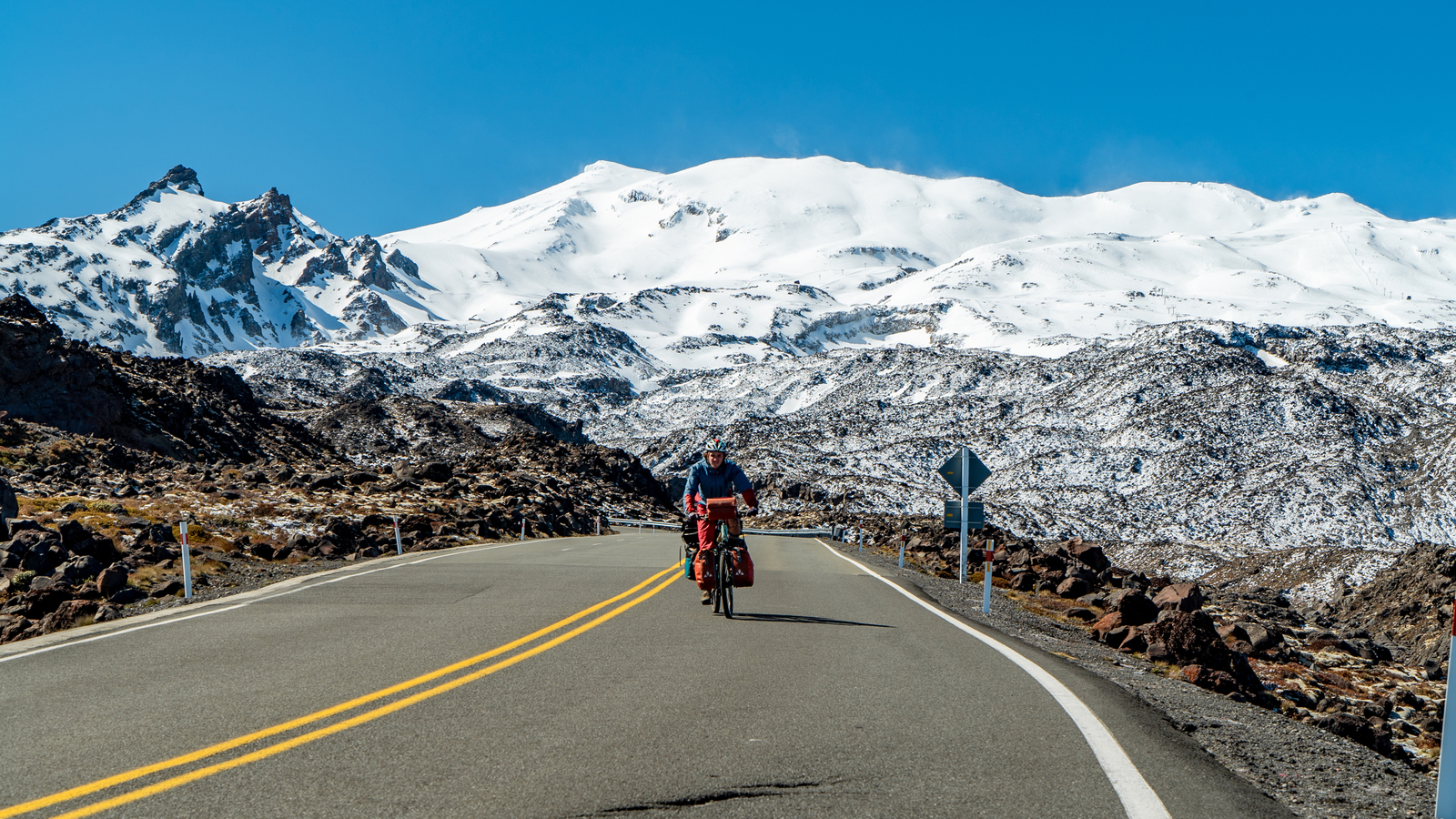
I reached New Zealand in the mid-season when tourism is supposed to be rather low. However, everyone I met was from Germany. I started to ask myself where the true kiwis are hiding. During peak seasons the population of the Southern Island increases fivefold. “Help me” – was the first thing that came to my mind. New Zealand focusses heavily on the tourist sector, selling adventure trips at every corner and successfully marketing itself, as the country of great natural wonders and the home of the beloved movie creatures of a certain series that was based on the written trilogy about a golden ring and a fellowship in pursuit to defy evil, we all know this story don’t we.
To be honest, I found it hard after traveling Iran, Pakistan and the great plains of Australia, to understand the term “adventure” when applied to meticulously planned tourist attractions, but again, I expected something different from the country when I reached Invercargill and later Auckland.
New Zealand was a culture shock for me. I was accustomed to being on my own, being able to camp wherever I wanted and to be one with nature. New Zealand however, with all its beautiful sights aside, turned out to be a very controlled place with an overwhelming presence of tourists and camping busses at every corner. Don’t get me wrong, the landscape and the sheer presence of beautiful mountain sides, rich green fielded hills and breath-taking coastal coves are a pure treat to a travellers-tired eyes.
Once I left my first stop in the city of Invercargill, South Islands, I faced my first decision – Should I go left to the mountains or right along the flat but rugged coastal line? Well it wasn’t a real question after all, of course I went for the mountains after the monotonous plains of Australia.
Once I reached the first assents, I witnessed the next surprise. Head wind while going up a mountain. How does this work? I was confused but it didn’t matter, I had to go through with all my strength.
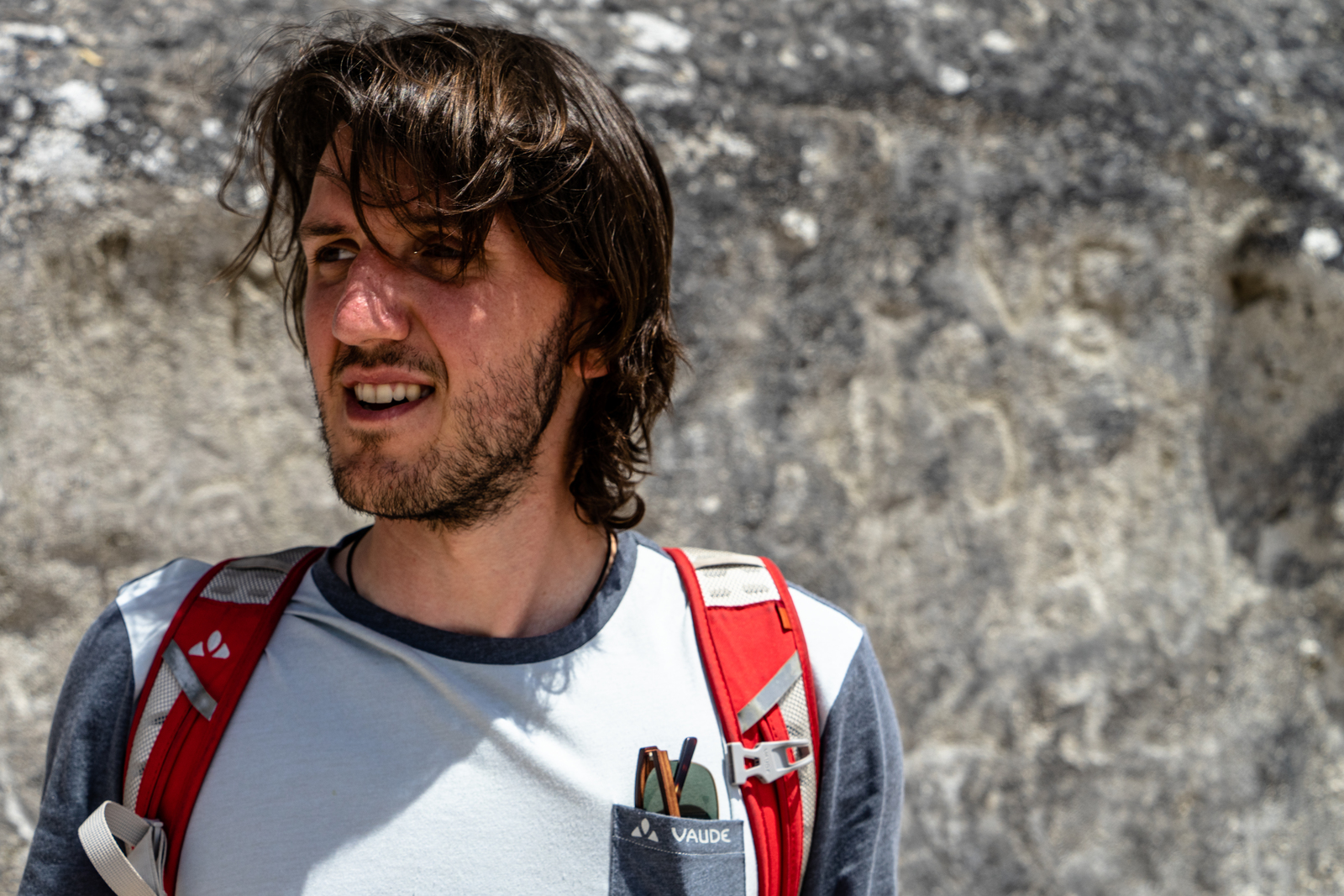
New Zealand is truly a country of natural wonders, or at least do I like to think this way. I had a couple of rainy days and usually mild temperatures which created a perfect condition to travel in. Yet one day its 14 degrees Celsius outside, the next day you wake up and look out the window of your couch surfing host in Arrowtown, and everything covered deep in snow. Unfortunately, I have planned my trip alongside the different season of the continents and countries of my route and presumed to have made sure, that I would always travel in the summer or spring. Well, I guess New Zealand did not get the memo and I had to improvise and started to wear layer over layer of my summer cloths to counter the cold. I made use of what I had and continued my journey. Once I’ve crossed the Crown Range, a mountainous route in the north of Queenstown, people started to look at me and asked me if I am not cold, only wearing a couple of t-shirts and shorts. Well, it was not the way up that was challenging, to be honest I started to sweat a lot carrying all the gear and supplies I collected up the 1076 meter of the mountain pass, but the way down with the freezing head wind which showed me a new level of cold.
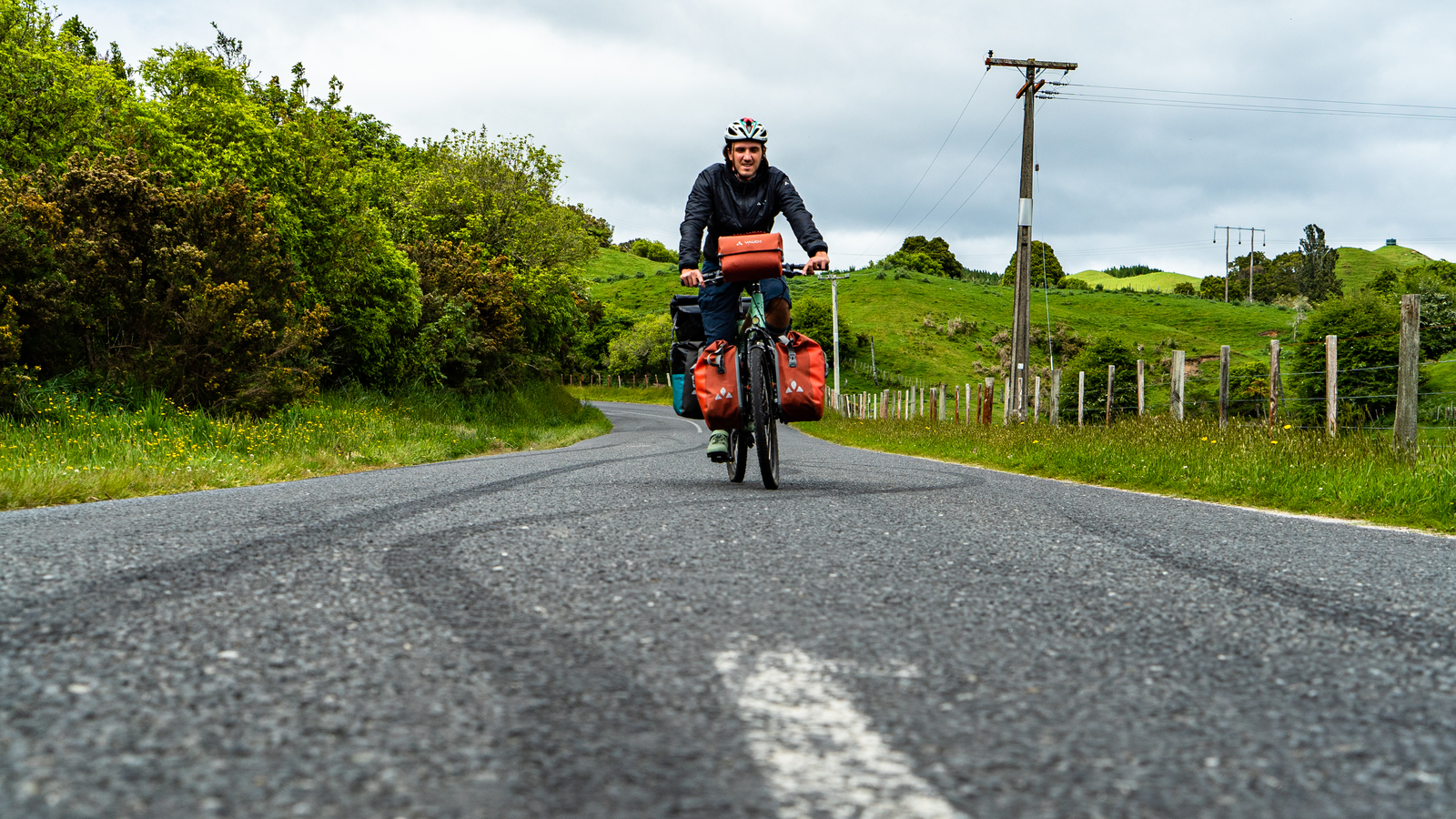
Once I passed the icy winds and beautiful scenery of the mountains and started to descend my way to the warmer areas of the Southern Island, I encountered yet again another typically annoying insect on my way, sandflies. These interestingly troublesome creatures loved to hang on to my legs and arms and suck blood from my limbs. Every day my arms and legs turned red with multipole swollen bumps left and right. While I refused to wear long pants on my way through the mountains, I now decided, for the first time on my trip, to unpack my long pants to protect my aching and constantly bleeding legs.
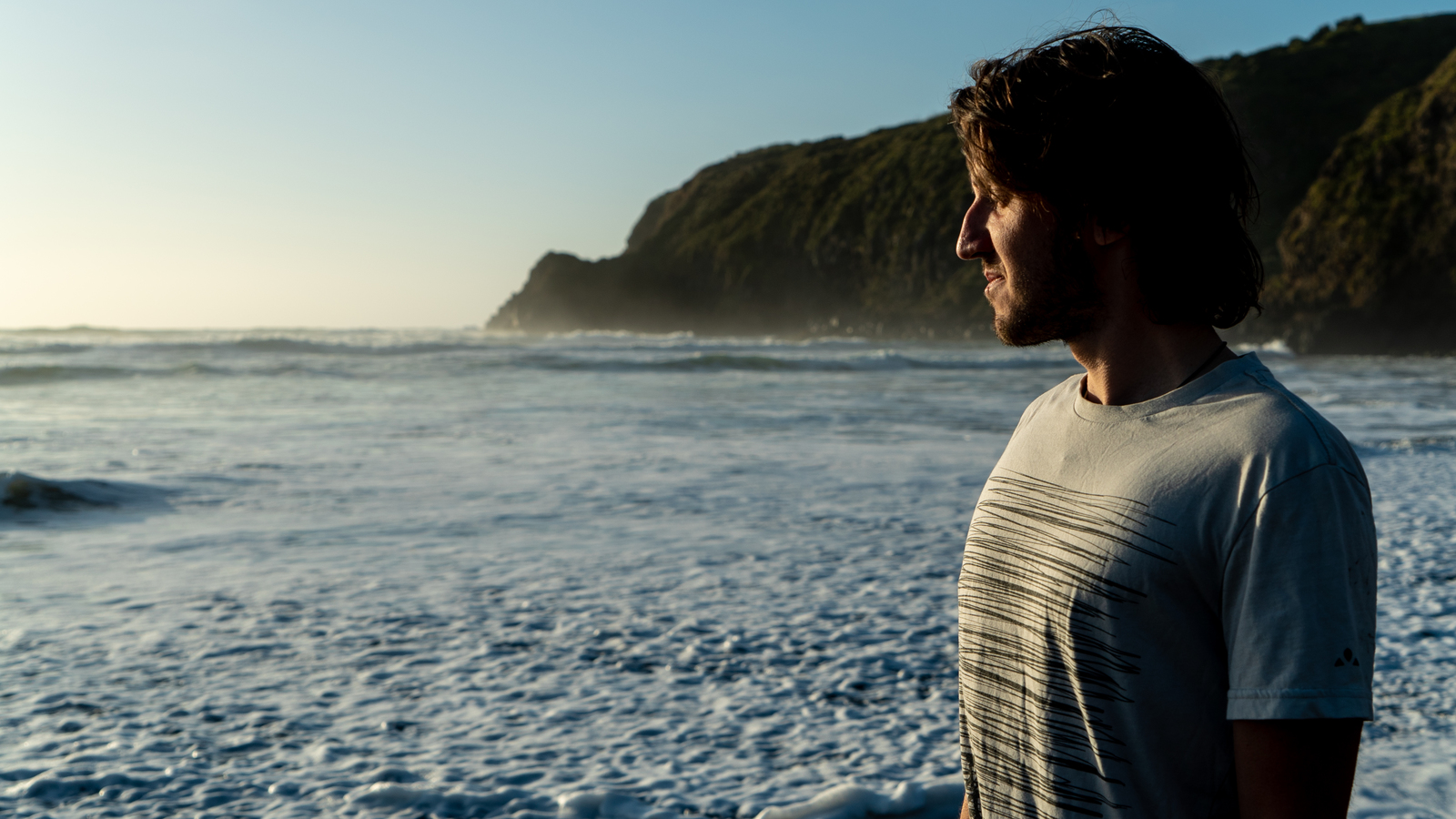
New Zealand turned out to be one of the more controversial places I have visited. While Iran, Pakistan and Australia were pure adventure and challenged me mentally and physically, New Zealand reminded me in a way to my own home in the Black Forest. I realized the greater your expectations of a place are, the greater the chances that you get disappointed. Yes, New Zealand is one of a kind with its natural beauty and post card landscapes, but exactly these landscapes and in particular the sheer number of tourists in this country make it hard for a traveller like me to fully appreciate the country for its uniqueness. Leaving New Zealand, I wonder, what will await me on my next adventure in South America and what stories I will be telling after.
Text: Sebastian Gutman
Photos and Movie: Wolf-Michael Spieth


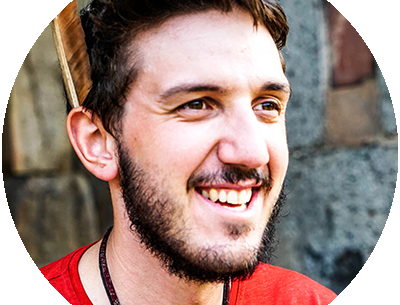
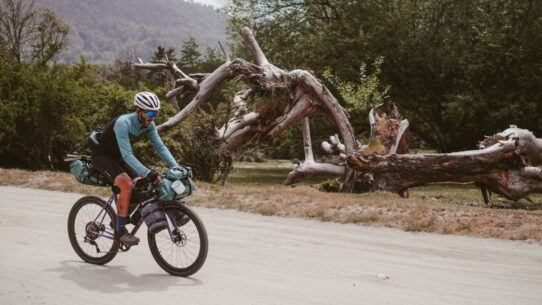
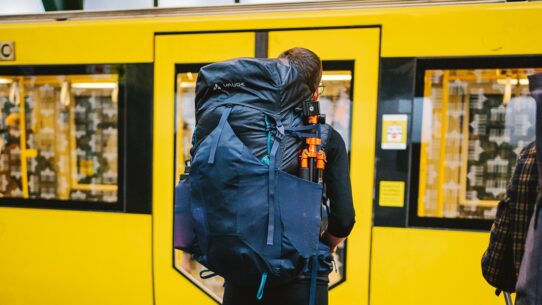
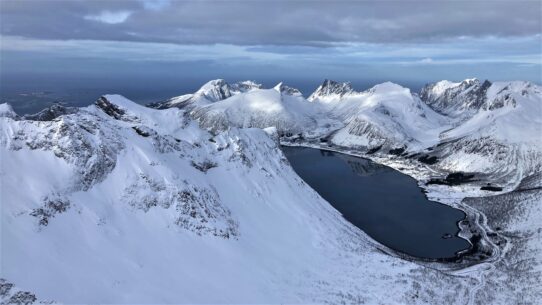
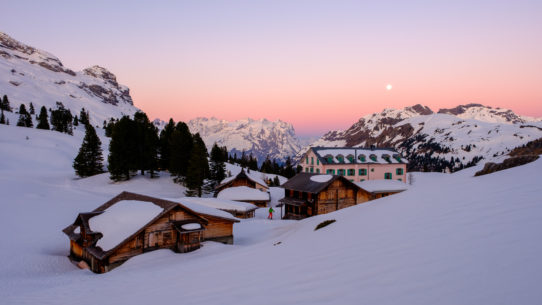
Comments